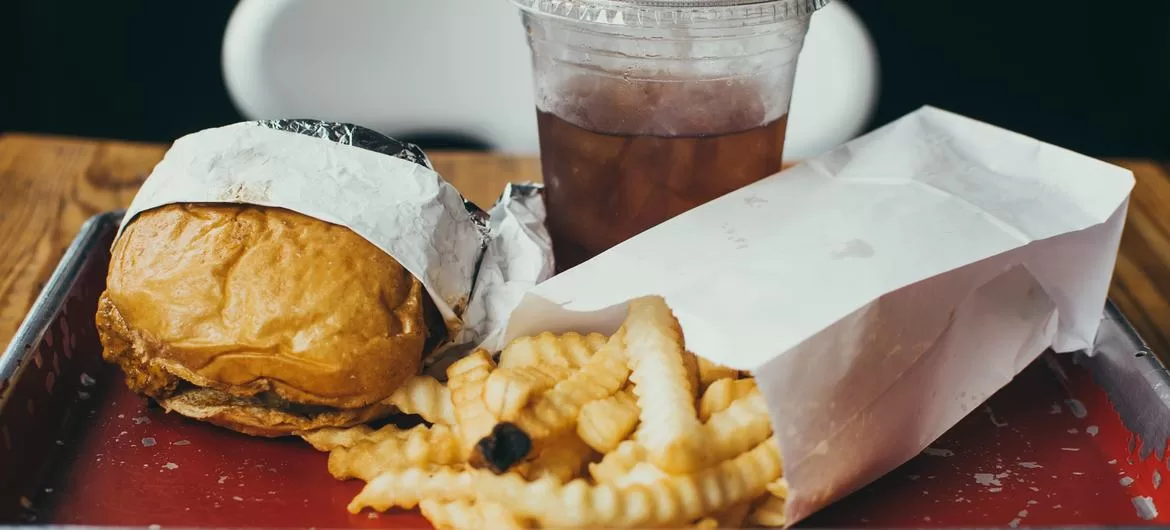A recent study led by researchers at the University of Southern California (USC) suggests that a diet high in fats and sugars during adolescence may have lasting effects on memory. The study, published in the May issue of the journal Brain, Behavior, and Immunity, highlights the potential consequences of a junk food-filled diet on brain function.
Professor Scott Kanoski, from the USC Dornsife College of Letters, Arts and Sciences, expressed concern over the findings, noting that the memory impairments observed in rats exposed to a junk food diet persisted into adulthood, even after transitioning to a healthy diet.
The study, spearheaded by lead author Anna Hayes, aimed to investigate the impact of a high-fat, sugary diet on acetylcholine levels in the brain, a neurotransmitter crucial for memory and cognitive functions. By conducting memory tests on rats exposed to such a diet, the researchers sought to understand the correlation between diet and memory.
During the study, rats were subjected to tasks assessing their memory abilities, such as recognizing objects in different locations. Results indicated that rats on the junk food diet struggled to remember previously seen objects and their locations, unlike rats in the control group, which exhibited familiarity.
Hayes explained that acetylcholine signaling, essential for encoding and remembering events, appeared to be disrupted in rats consuming the fatty, sugary diet. This disruption mirrors the phenomenon observed in individuals with Alzheimer’s disease, where decreased acetylcholine levels contribute to memory impairment.
Kanoski emphasized the significance of adolescence as a critical period for brain development, suggesting that interventions during this phase might have a profound impact. In a subsequent phase of the study, researchers investigated the potential for medication to reverse memory damage in rats exposed to the junk food diet. Drugs that stimulate acetylcholine release, administered directly to the hippocampus, a brain region crucial for memory, restored memory abilities in the rats.
Despite this promising intervention, Kanoski stressed the need for further research to explore strategies for reversing memory problems induced by a junk food diet during adolescence.
The research, which involved collaboration with several USC Dornsife researchers and others from the University of North Carolina-Charlotte, received support from various grants and fellowships focused on understanding the links between diet, brain function, and memory.
As the debate surrounding adolescent dietary habits continues, studies like this shed light on the potential long-term consequences of consuming junk food during critical stages of brain development.












